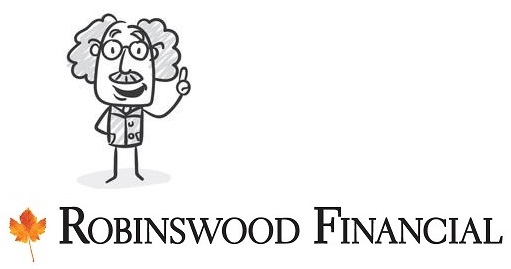Albert Einstein once said: “The more I learn, the more I realize how much I don’t know.” He was not being modest. He was being honest. He knew that every discovery he made opened up new avenues of inquiry, new challenges to overcome, new puzzles to solve. He knew that knowledge is not a finite thing that can be mastered, but an infinite process that can be pursued.
But why is that? Why does learning seem to make us less knowledgeable instead of more? Why does the universe seem to expand faster than our understanding of it? Why does every answer lead to more questions?
There are many possible explanations for this phenomenon, but here are some of the most common ones:
– The Dunning-Kruger effect: This is a cognitive bias that makes us overestimate our own abilities and knowledge when we are ignorant, and underestimate them when we are competent. In other words, when we know very little about something, we think we know a lot. But when we learn more about it, we realize how much we don’t know and how complex it is. This can make us feel less confident and less smart.
– The curse of knowledge: This is another cognitive bias that makes us assume that others know what we know, or that they should know what we know. In other words, when we learn something, we forget how hard it was to learn it in the first place. We forget how much background information, context, and experience we needed to acquire that knowledge. This can make us feel frustrated and impatient with others who don’t share our knowledge.
– The paradox of choice: This is a psychological phenomenon that makes us feel overwhelmed and dissatisfied when we have too many options to choose from. In other words, when we learn more about something, we discover more possibilities, alternatives, and perspectives. But instead of feeling liberated and empowered by this diversity, we feel paralyzed and anxious by this complexity. We fear making the wrong choice or missing out on something better.
So what can we do about this? How can we cope with the fact that the more we learn, the less we know? How can we enjoy learning without feeling discouraged or stressed?
Here are some tips that might help:
– Embrace uncertainty: Instead of seeing uncertainty as a threat or a weakness, see it as an opportunity or a strength. Uncertainty means that there is always something new to learn, something exciting to explore, something surprising to discover. Uncertainty means that there is always room for growth, improvement, and innovation. Uncertainty means that there is always a chance for wonder, curiosity, and awe.
– Seek feedback: Instead of relying on your own judgments and assumptions, seek feedback from others who have different levels of knowledge and experience. Feedback can help you identify your strengths and weaknesses, correct your mistakes and misconceptions, and improve your skills and understanding. Feedback can also help you appreciate your achievements and progress, as well as recognize your limitations and challenges.
– Be humble: Instead of pretending that you know everything or that you have nothing to learn, admit that you know very little or that you have a lot to learn. Humility is not a sign of ignorance or incompetence, but a sign of wisdom and competence. Humility allows you to acknowledge your gaps and errors, learn from your failures and successes, and seek help and guidance when you need it.
The more we learn, the less we know. But that’s not a bad thing. That’s a good thing. That’s what makes learning fun, rewarding, and meaningful.
Our Strategy
Our investment strategy minimizes risk and eliminates emotion from the decision-making process.
Services
Investors earn higher returns with professional investment management.
About Us
Information on links, books, market indexes and consumer alerts that you may find useful.

